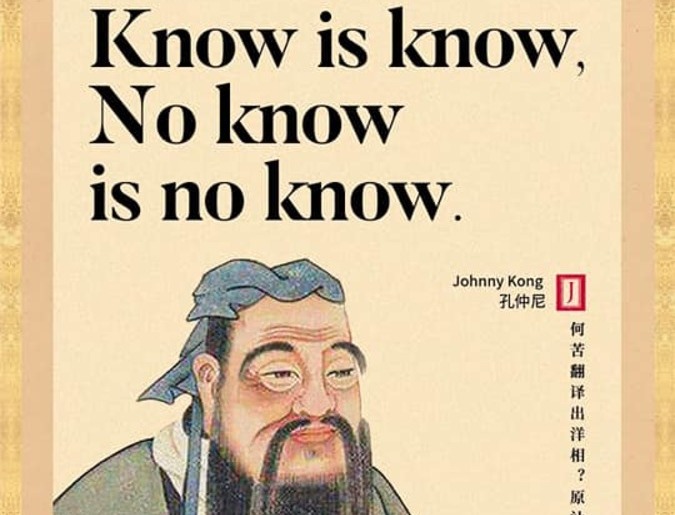Translate the untranslatable: ancient Chinese words
Published on 28 September 2022 by Jeffrey Wan
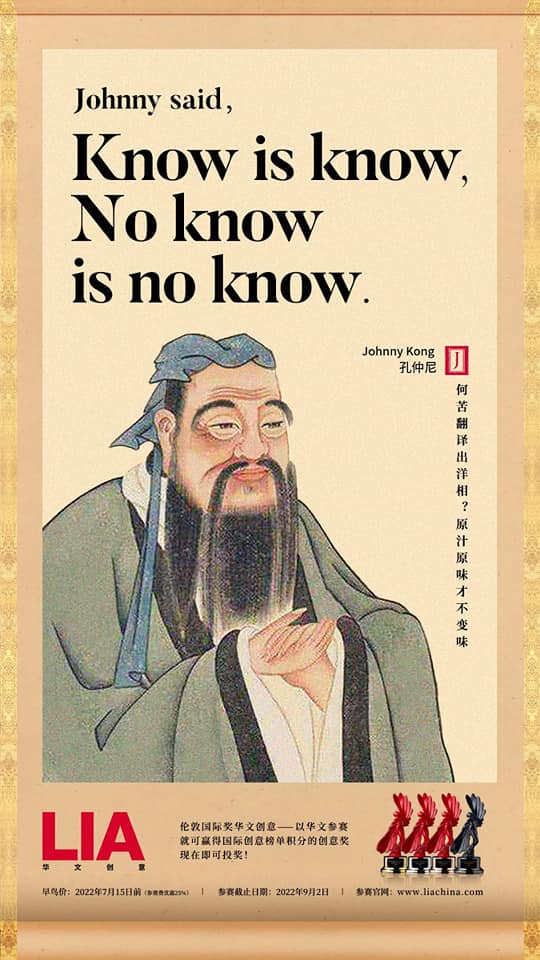
“Know is know, No know is no know!” Can you guess what this “acient quote” means? Recently, a series of strange and hilarious advertisements have gone viral on the internet, as the names and famous quotes of Chinese historical figures have been translated into English so awkwardly that it is so difficult to comprehend!
These posters are in fact part of the promotion of the London International Award Chinese Creativity, a competition that aims to award outstanding Chinese language creative media from around the world. Candidates are encouraged to submit their entries in Chinese, as these posters point out in a humorous manner that creative works do not necessarily require translation because Chinese inherently contains unique aesthetic and cultural context. “Why bother to translate awkwardly? Keep it original and maintain the flavour,” written on the posters.
Of course, under globalisation, translation is inevitable, especially in the commercial society facing the international market, to meet overseas needs and regulatory requirements. Fortunately, general business and legal documents are direct in context and translation is relatively easy to understand. Despite occasional lack of fluency, it has little impact on understanding. In contrast, there are profound cultural and artistic conceptions behind the abbreviated expressions in the classical Chinese language, with the large number of metaphors, often making translators intimidated. Simple translation? Could sound unreasonable. Meticulous translation? Could be too lengthy. Sense-for-sense translation? Loss of Chinese context. Word-for-word translation? Sounds completely nonsense! No wonder my professor in university pointed out that poems are “untranslatable”!
Despite being “untranslatable”, it has to be translated when it comes to work, usually when government officials or company executives quote classical Chinese poems or ancient sayings. If, fortunately, someone has translated it before, we may rely on artificial intelligence to search for a translation in big data. Otherwise, it will be a real test on a translator’s competence whether he/she can accurately manage to balance between word-for-word and sense-for-sense translation taking into consideration the context and historical background from the perspective of the readers, while “maintaining the flavour” at the same time.
Here are some more quotes. How many can you guess correctly?

知之為知之,不知為不知
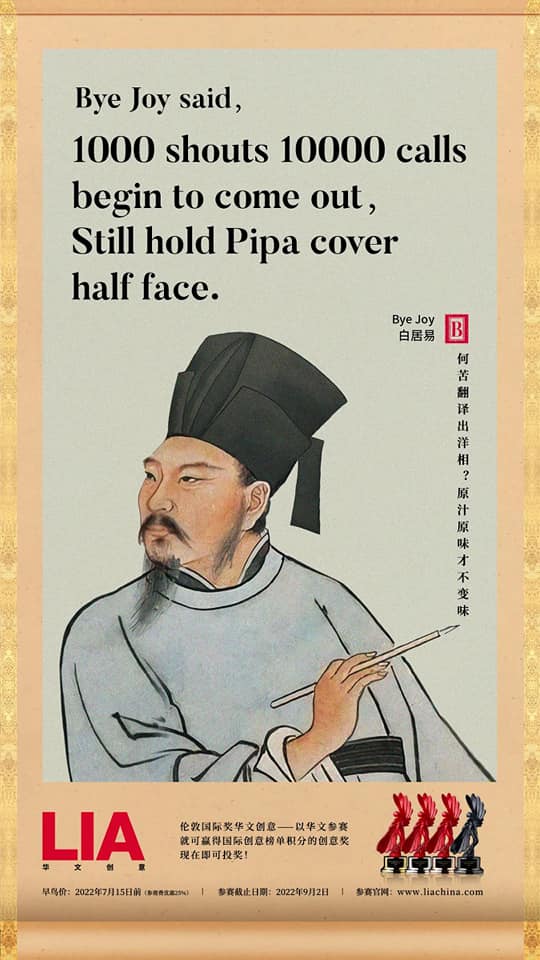
千呼萬喚始出來,猶抱琵琶半遮面。
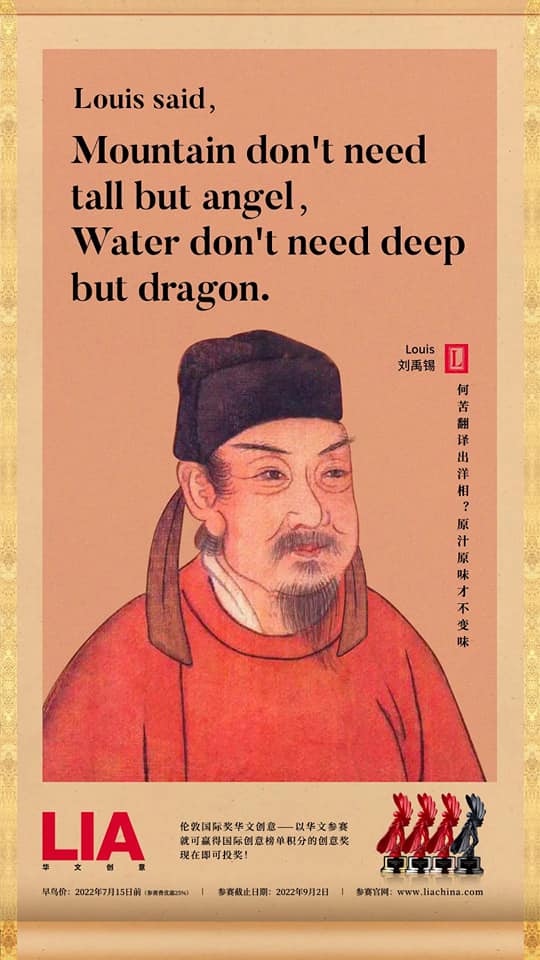
山不在高,有仙則名。水不在深,有龍則靈。
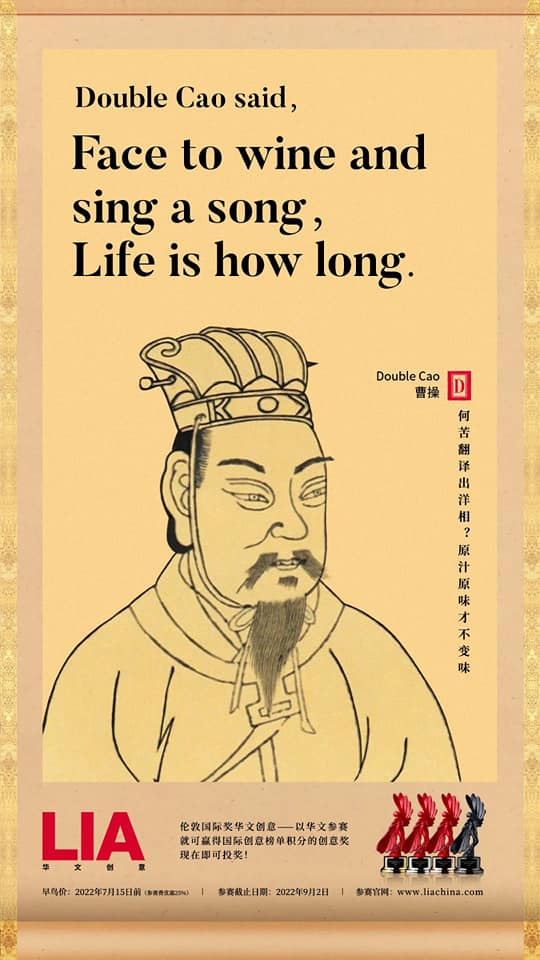
對酒當歌,人生幾何。
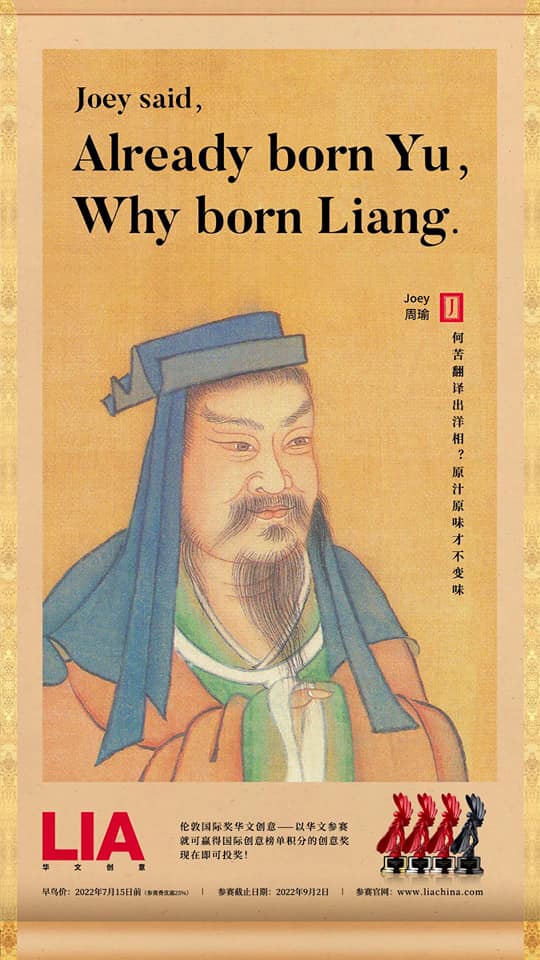
既生瑜,何生亮。
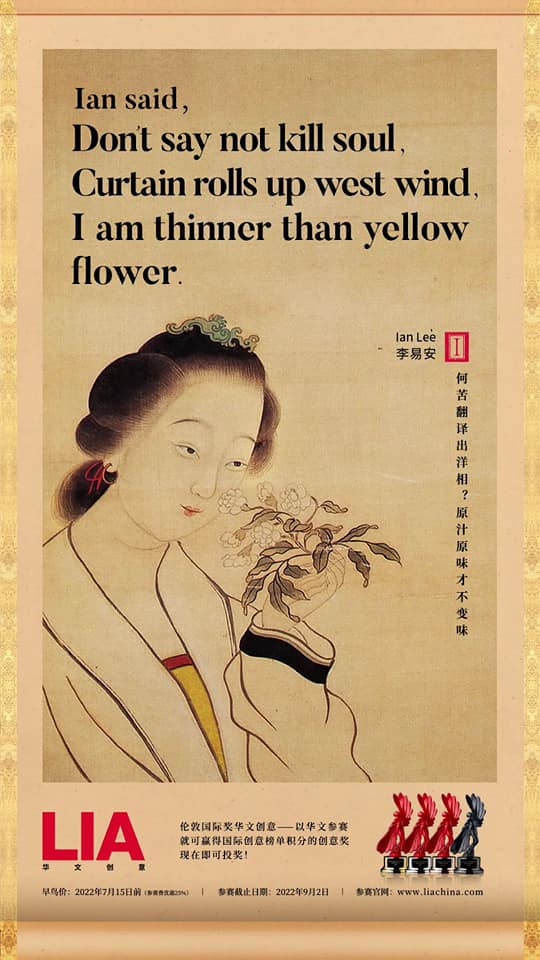
莫道不銷魂,簾卷西風,人比黃花瘦。
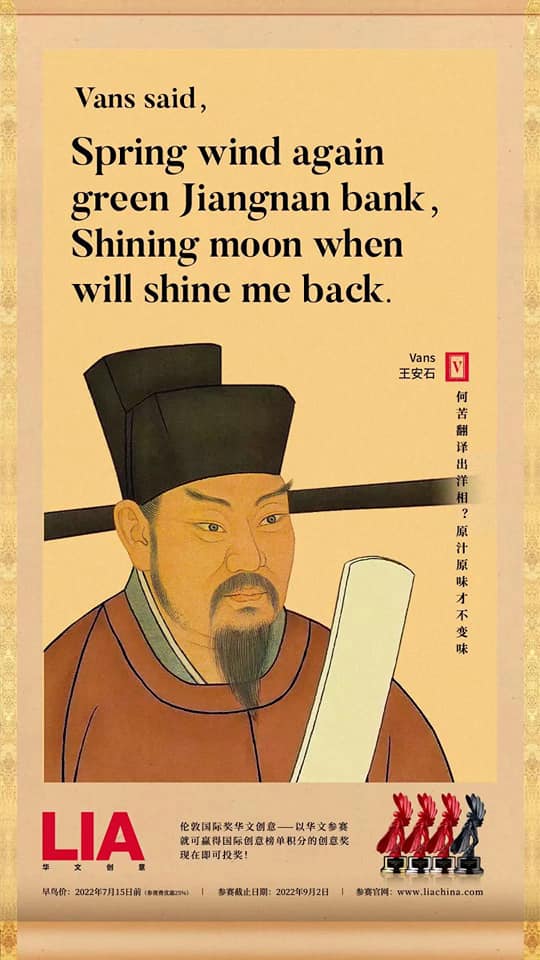
春風又綠江南岸,明月何時照我還。
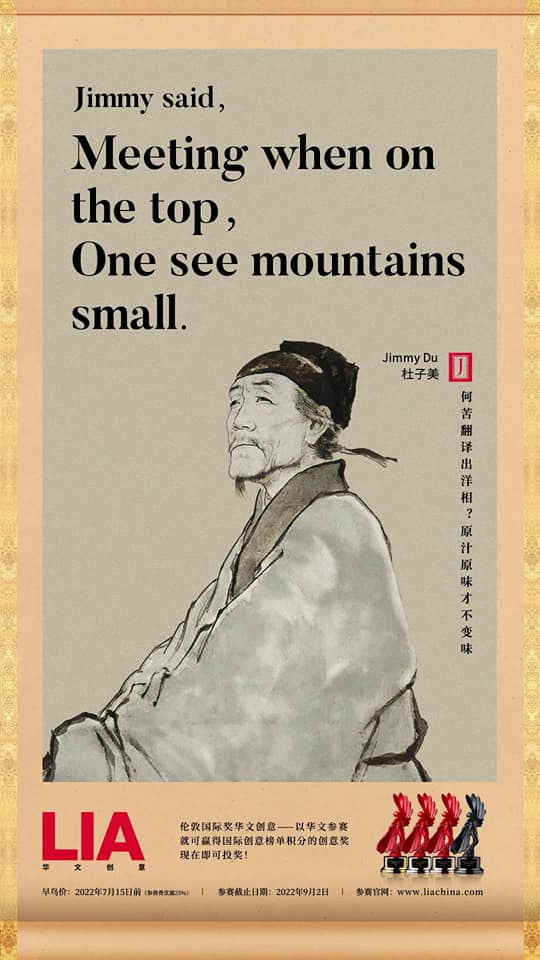
會當凌絕頂,一覽眾山小。
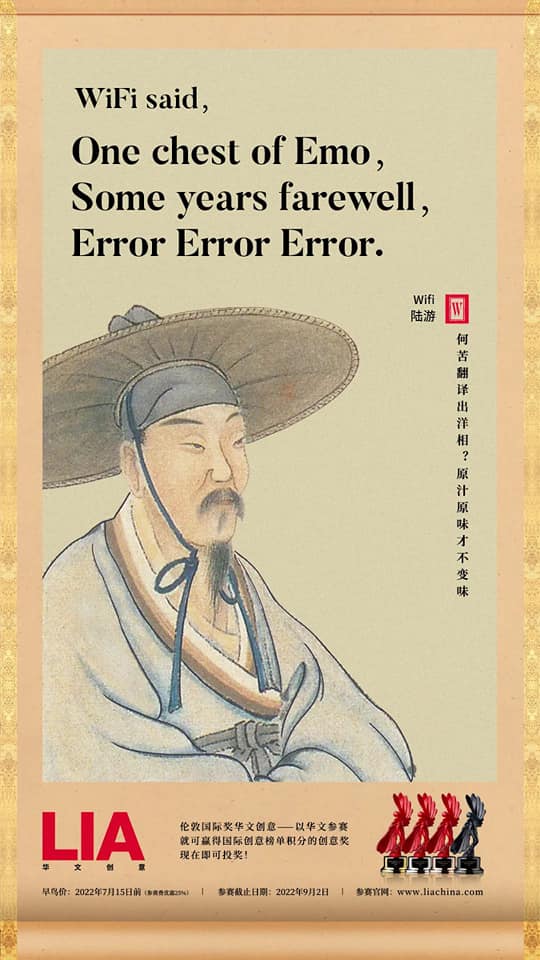
一懷愁緒,幾年離索。錯,錯,錯。
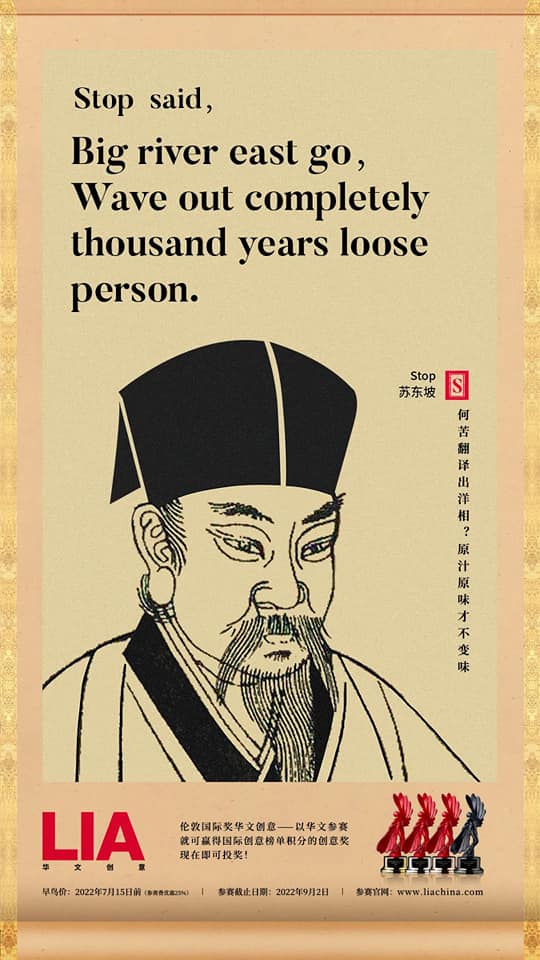
大江東去,浪淘盡,千古風流人物。

